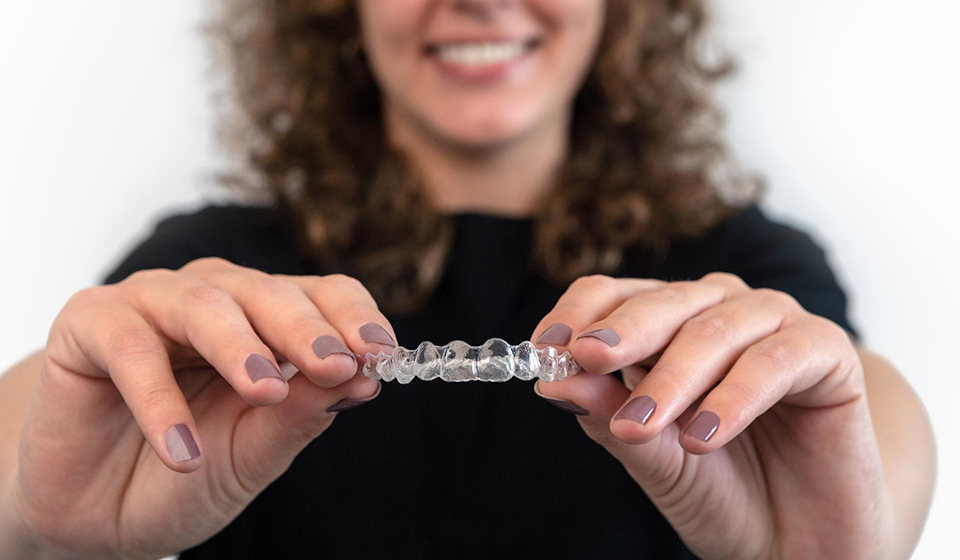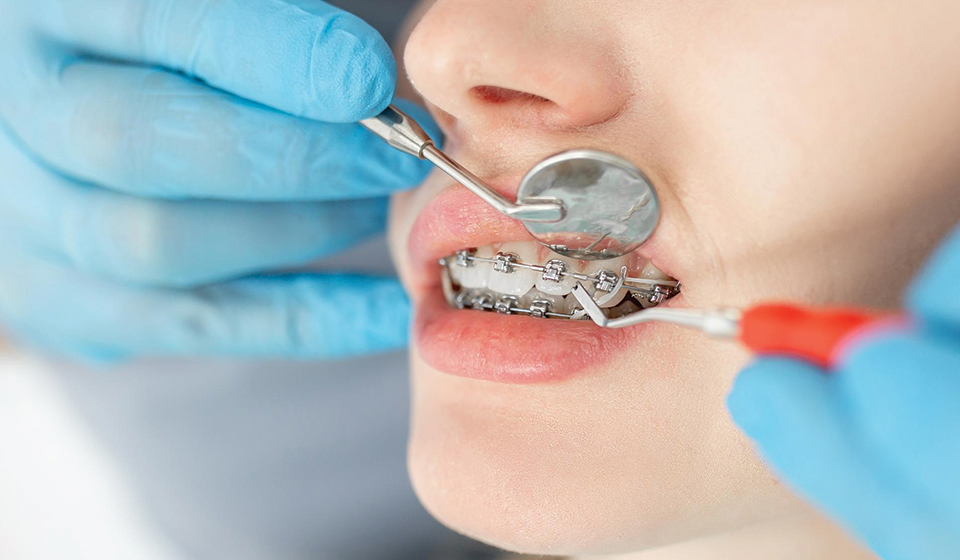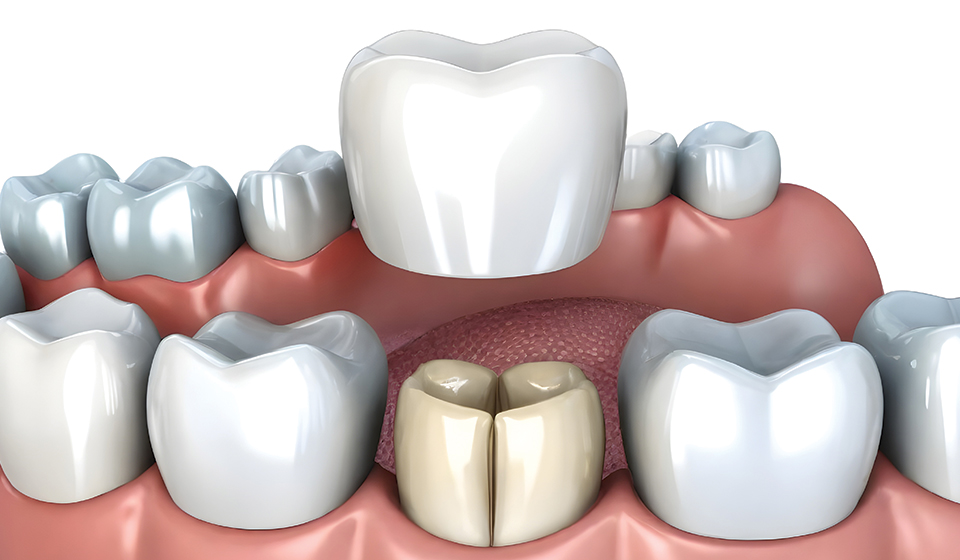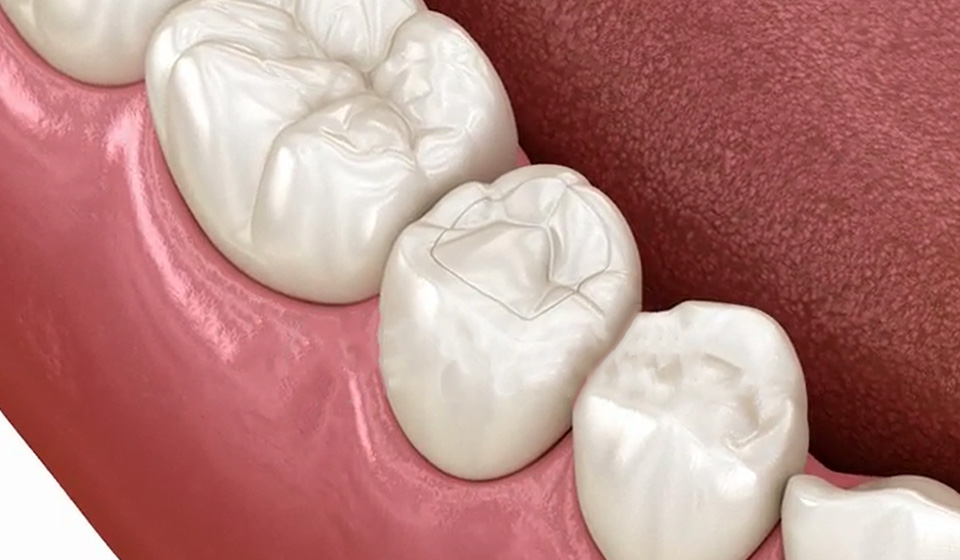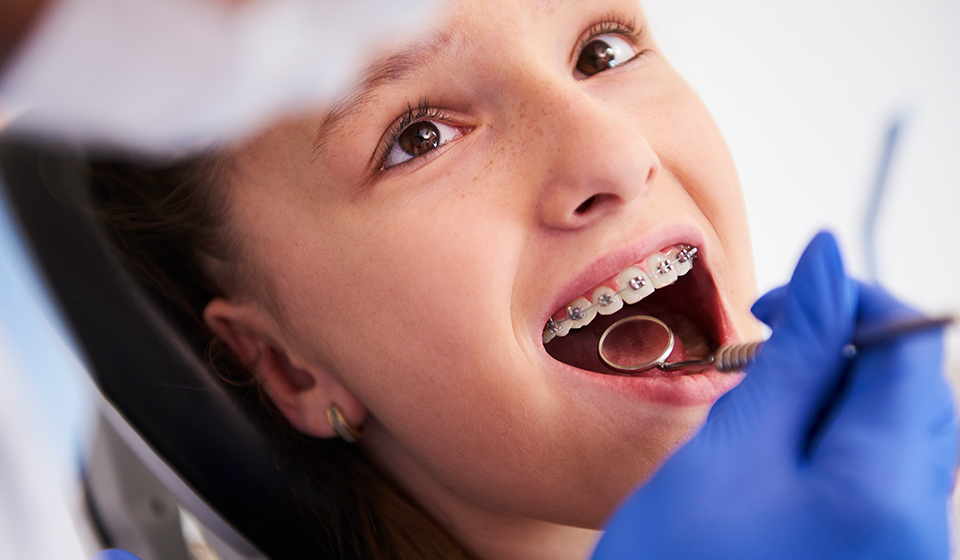If you’ve recently completed your orthodontic treatment, congratulations! You’ve taken a significant step toward achieving a beautiful, healthy smile. However, the journey doesn’t end there. Wearing a retainer after removing your braces is crucial to maintaining the results you’ve worked so hard for. While most people understand the importance of retainers in preventing teeth from shifting back to their original positions, there are several hidden benefits that often go unnoticed. In this article, we’ll explore these lesser-known advantages of wearing a retainer after orthodontic treatment in Houston.
Preserving Your Investment
Orthodontic treatment is a significant investment of time, effort, and money. By wearing your retainer as prescribed by your orthodontist, you’re protecting that investment and ensuring that the time and resources you’ve dedicated to achieving a perfect smile aren’t wasted. Failing to wear your retainer can lead to your teeth gradually shifting back to their original positions, undoing all the hard work you’ve put in.
Maintaining Proper Bite Alignment
During orthodontic treatment, your teeth are carefully aligned to achieve the ideal bite relationship. However, without the consistent pressure of a retainer, your teeth can slowly drift out of their optimal positions, leading to an improper bite. This can cause issues such as jaw pain, headaches, and difficulty chewing or speaking properly. Wearing a retainer helps maintain the proper alignment of your teeth and ensures that your bite remains comfortable and functional.
Preventing Gum Recession and Tooth Sensitivity
When teeth shift out of their proper positions, they can put pressure on the surrounding gum tissue, leading to gum recession. Receding gums not only compromise the aesthetic appearance of your smile but can also expose the sensitive root surfaces of your teeth, causing discomfort and increased sensitivity to hot, cold, or acidic foods and beverages. By wearing a retainer, you can avoid this issue and maintain a healthy gum line.
Reducing the Risk of Tooth Decay and Gum Disease
Crowded or misaligned teeth can create hard-to-reach areas, making it difficult to thoroughly clean your teeth and gums. This can lead to an increased risk of tooth decay and gum disease. By wearing a retainer and maintaining the proper alignment of your teeth, you’ll ensure that all surfaces are easily accessible for effective brushing and flossing, promoting better oral hygiene and reducing the risk of dental problems.
Enhancing Self-Confidence and Self-Esteem
A beautiful, straight smile can do wonders for your self-confidence and self-esteem. After investing time and effort into orthodontic treatment, wearing a retainer ensures that you can continue to enjoy the boost in confidence that comes with a perfect smile. By preventing your teeth from shifting back to their original positions, you’ll maintain the aesthetic appeal you’ve worked so hard to achieve.
Minimizing the Need for Future Orthodontic Treatment
If your teeth shift significantly after completing orthodontic treatment, you may need to undergo additional orthodontic procedures to correct the misalignment, which can be costly and time-consuming. By wearing your retainer as prescribed, you can minimize the likelihood of requiring further orthodontic treatment, saving you both time and money in the long run.
Promoting Proper Jaw and Facial Development
In some cases, orthodontic treatment is essential for correcting issues related to jaw and facial development, especially in younger patients. Wearing a retainer helps maintain the proper positioning of the jaws and teeth, ensuring that the benefits of the treatment continue to support healthy facial development and prevent potential problems in the future.
Conclusion
Wearing a retainer by Unident Family Dentistry in Houston after orthodontic treatment may seem like a minor inconvenience, but its benefits extend far beyond simply keeping your teeth in their desired positions. By consistently wearing your retainer as recommended by your orthodontist, you’ll not only preserve the stunning results of your orthodontic journey but also contribute to your overall oral health, confidence, and well-being. Embrace the hidden advantages of retainer wear and enjoy a lifetime of beautiful, healthy smiles.
